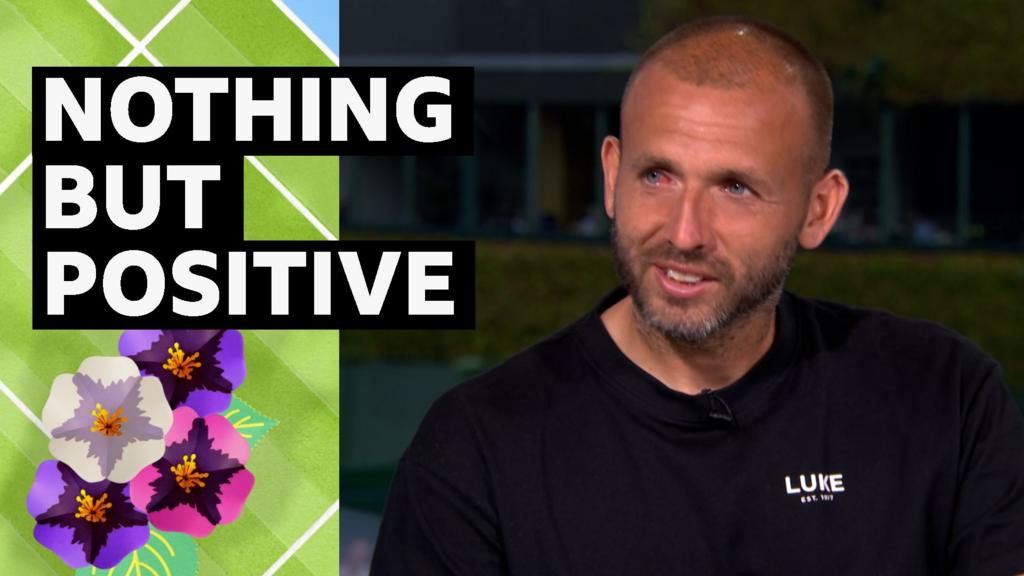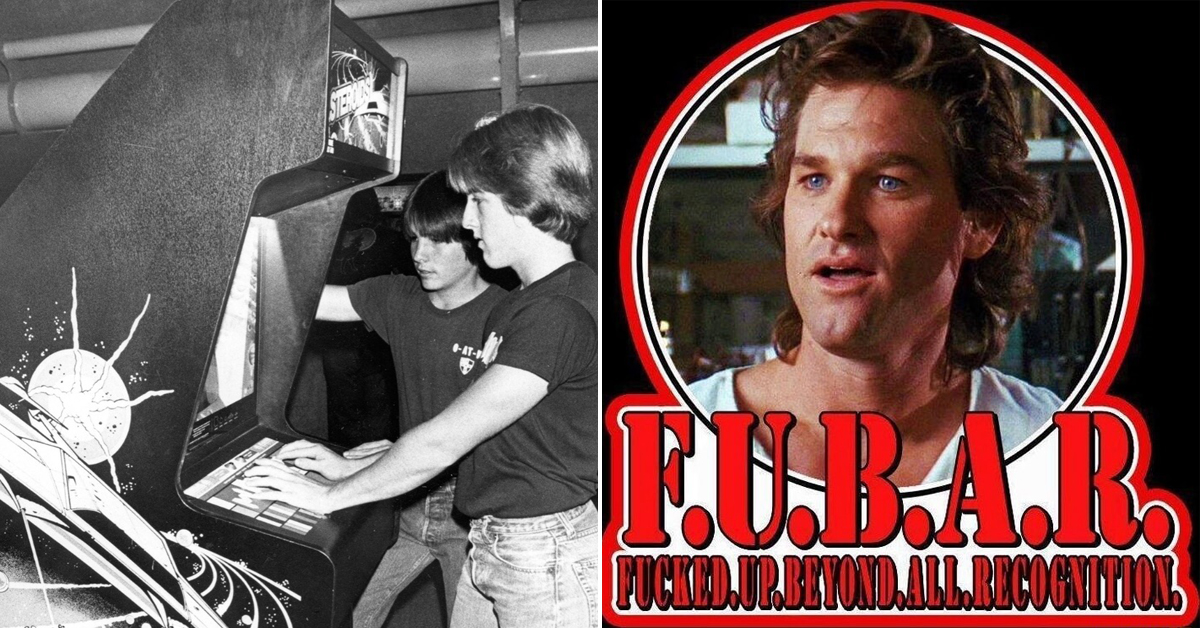Why Founders Fail: Busting the Genius Jerk Myth

Most start-ups fail within 5 years. Many more are the “walking dead”- they are only doing well enough to stay in business but not making the founder any money.
This week on The Small Business Radio Show, I talked with Rich Hagberg, PhD—Silicon Valley’s “CEO Whisperer” and explored the core reasons founders fail and what it takes to build a thriving business. Drawing on decades of experience coaching top tech leaders and helping entrepreneurs overcome communication challenges, their insights offer powerful, practical guidance for small business success.
One major theme discussed was the “visionary’s dilemma.” Most founders are brilliant idea generators but often lack the operational skills required to scale a business. Startups tend to fail not because of a shortage of ideas, but due to poor execution. Many founders resist building systems and processes, resulting in companies that are technically alive but not truly thriving. To combat this, founders must assess their own strengths and weaknesses, embrace operational excellence, and break big visions into clear, actionable steps using tools like Trello or Asana.
Another key insight is the value of execution partners. Founders frequently try to do everything themselves, which leads to burnout and bottlenecks. By recognizing their limitations and partnering with individuals who bring complementary skills—like a strong COO—they can build more resilient organizations. Effective delegation, clearly defined roles, and a culture of feedback are essential components of this strategy.
The episode also debunks the “genius jerk” myth. While the media often idolizes difficult but brilliant founders, research shows that emotional intelligence and adaptability are far stronger predictors of business success. Toxic leadership can ruin morale and drive away talent, so cultivating self-awareness, practicing adaptability, and prioritizing team health are critical.
Personal growth emerged as another powerful differentiator. Founders who commit to continuous learning—through reading, mentorship, and reflection—are far more likely to succeed. Embracing vulnerability and conducting regular “post-mortems” after major initiatives can help leaders evolve and avoid repeated mistakes.
Finally, the discussion highlighted the importance of delegation and trust. Micromanagement slows growth, while systematized delegation, team recognition, and leadership development fuel a culture of empowerment. As companies scale, founders must step back from control and invest in others to move forward.
Listen to the entire episode on The Small Business Radio Show.
This article, "Why Founders Fail: Busting the Genius Jerk Myth" was first published on Small Business Trends
What's Your Reaction?
 Like
0
Like
0
 Dislike
0
Dislike
0
 Love
0
Love
0
 Funny
0
Funny
0
 Angry
0
Angry
0
 Sad
0
Sad
0
 Wow
0
Wow
0

































































































